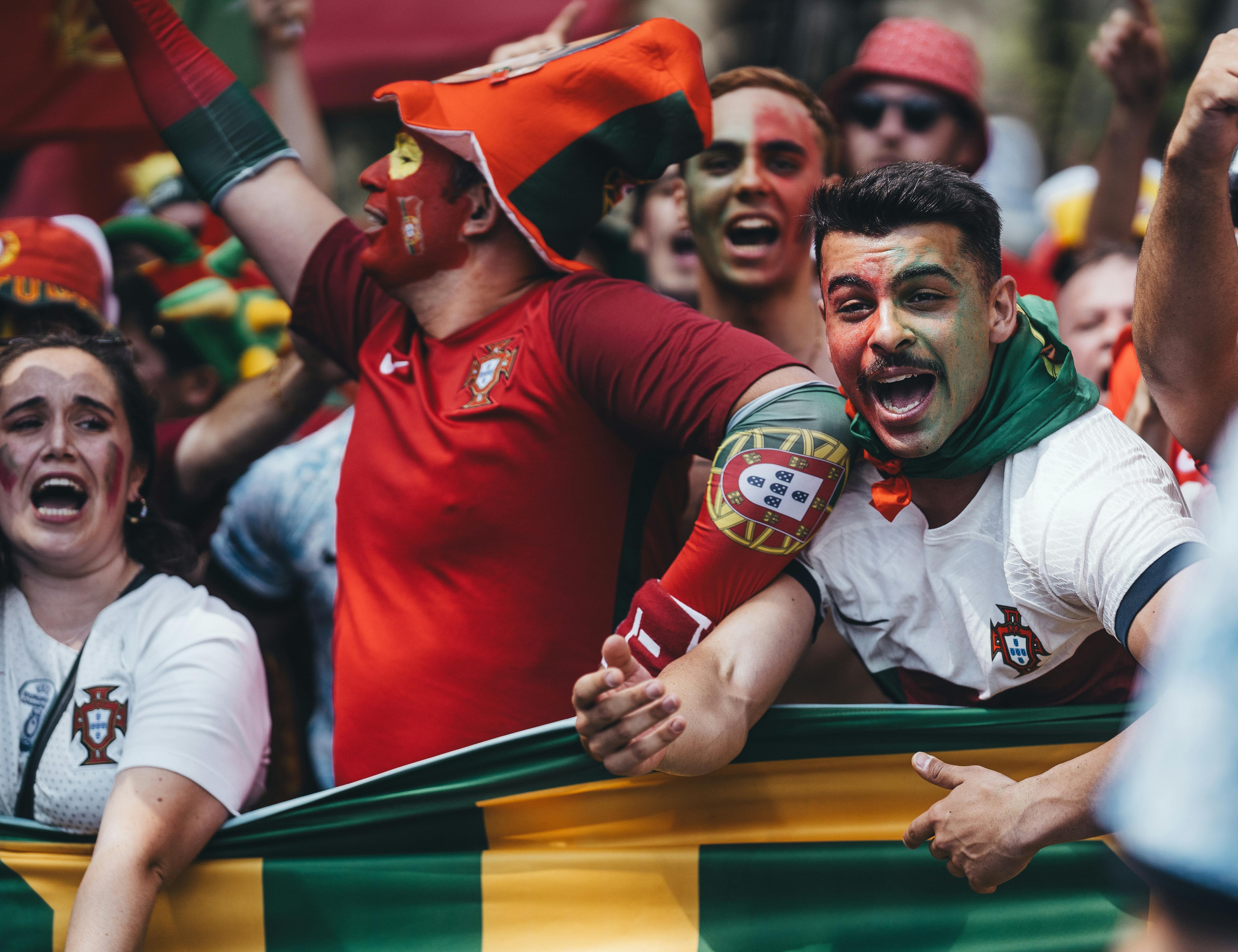Introduction: A New Era of Sports Marketing
Sports marketing used to be simple: slap a logo on a jersey, run a few TV ads, and call it sponsorship. Those days are gone.
Now, brands are fighting for something much bigger: authentic relationships with fans. Athletes are no longer just players—they’re global influencers, storytellers, and brands of their own. Fans aren’t passive consumers—they’re active participants, demanding transparency, authenticity, and access.
The future of sports marketing isn’t about visibility. It’s about connection.
Athletes as Brands: The Rise of the Individual
Athletes today wield as much power as clubs or leagues.
- Cristiano Ronaldo & Lionel Messi command bigger audiences than entire teams.
- Naomi Osaka & Simone Biles use their platforms to push conversations beyond sport.
- LeBron James isn’t just a basketball player—he’s a cultural architect with media, business, and social influence.
Question: When athletes become brands in their own right, do clubs risk becoming secondary to the stars they once owned?
Sponsorships: From Logos to Storytelling
The old model of brand sponsorships is dead. Visibility isn’t enough—fans tune out logos they don’t care about.
- Story-driven marketing: Fans want to know why a brand is involved, not just that it is.
- Shared values: Sponsorships work when they align with issues fans care about—sustainability, equality, mental health.
- Immersive experiences: The most powerful campaigns aren’t ads—they’re moments fans live inside.
Question: Are brands ready to give up visibility for vulnerability—and will fans reward them for it?
Fan Engagement: From Spectators to Stakeholders
Fans are no longer satisfied with watching. They want to participate, shape, and influence.
- Interactive platforms: Fans voting on kit designs or all-star lineups.
- NFTs & Web3: Digital ownership of highlights, collectibles, and club tokens.
- Experiential activations: From Formula 1 paddock clubs to NFL tailgates, fans crave moments that blend sport with lifestyle.
Question: If fans become stakeholders in the experience, do they still cheer as supporters—or act as customers?
The Rise of Experiential Sports Marketing
The most effective sports marketing today isn’t happening on TV—it’s happening on the ground.
- Pop-up activations: Adidas creating city-wide playgrounds around the World Cup.
- Hospitality as storytelling: Brands turning skyboxes into curated experiences.
- Cross-industry collabs: Music, fashion, and sport colliding at events like NBA All-Star Weekend.
Question: Is the future of sports marketing less about the sport itself and more about the culture orbiting it?
Trends That Will Shape the Next Decade
- Hyper-personalization: Data-driven experiences tailored to individual fans.
- Sustainability pressure: Fans holding brands accountable for impact.
- Athlete-led content: Players controlling their own storytelling channels.
- Immersive tech: AR, VR, and metaverse-style activations creating “digital stadiums.”
- Community-first sponsorships: Brands building ecosystems instead of ad campaigns.
Conclusion: The Future Belongs to Connection
Sports marketing is entering a new era—one where logos aren’t enough, sponsorships aren’t static, and fans aren’t silent.
For athletes: it’s about building brands that outlast careers.
For fans: it’s about demanding experiences that feel authentic, personal, and engaging.
For brands: it’s about stepping into the arena not as advertisers, but as storytellers and partners.
The future of sports marketing isn’t about who shouts loudest. It’s about who listens best.
At MAKELÊ, we help brands, athletes, and fans meet where it matters most: in authentic, immersive, and unforgettable sports experiences. From brand activations and sponsorship strategies to VIP ticketing and hospitality, we turn sports marketing into something more than exposure—we turn it into connection.






